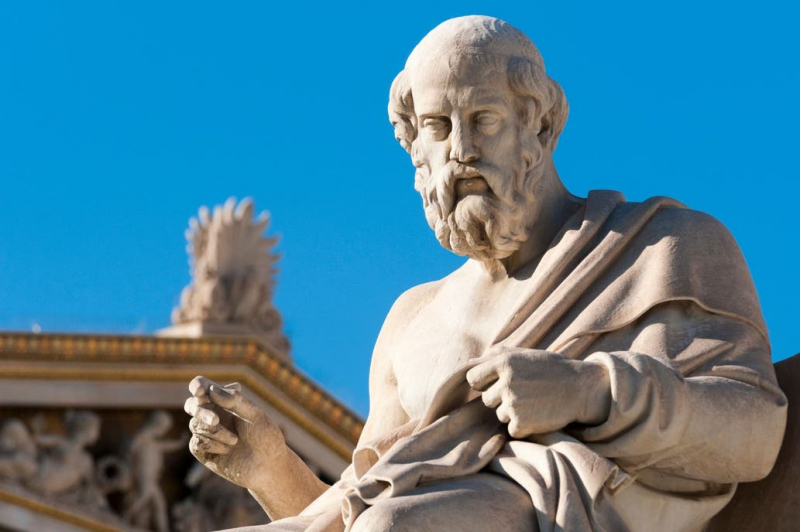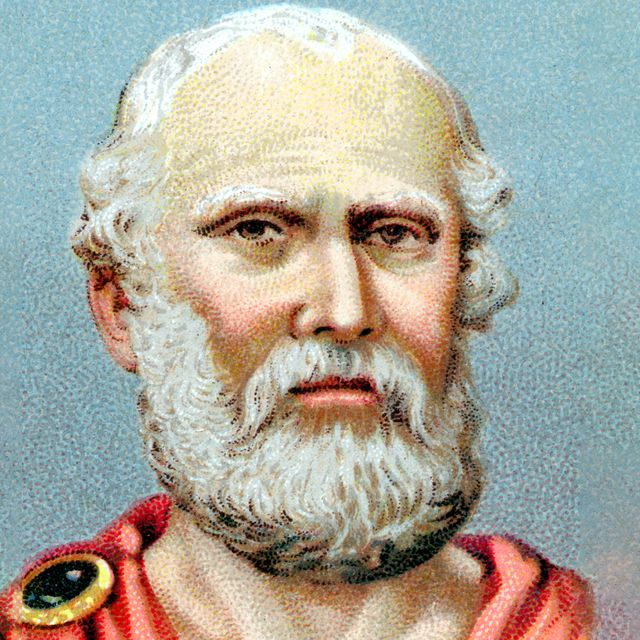Plato
Plato grew up in a prosperous household in the city where he was born. Despite his worldly belongings, he renounced them all because he was adamant that he should spend the rest of his life assisting others in achieving a condition known as Eudaimonia, or fulfillment.
The profundity of Plato's writings may be seen in his 36 dialogues, which are all masterfully written scripts for philosophical debates including The Republic, The Symposium, The Laws, The Meno, and The Apology. Plato had several concepts, many of which were geared at enhancing happiness.
He believed that the planet and its inhabitants were divided into three groups. He held that everyone of us is born with the capacity for reason, spirit, and hunger, and that we should all struggle to develop these qualities so that we might become the ruling class, the warriors, and the laborers.
He is also well-known for the allegory of the cave that he is credited with. According to legends, he founded the Academy, a school where even Aristotle went to learn. He is the philosophical idealism's founding figure.













